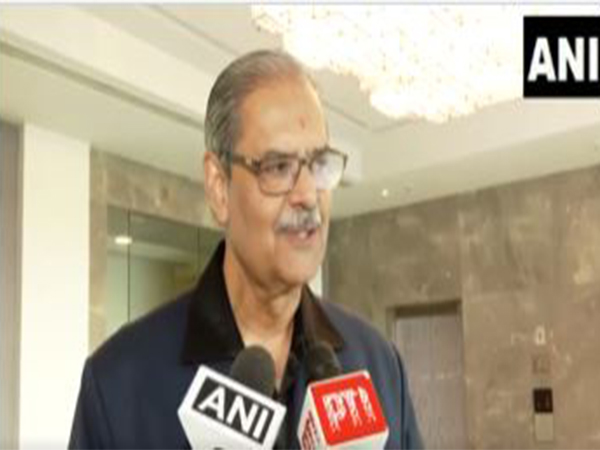NDA's Edge in Maharashtra and Jharkhand: Will Exit Polls Prove Right?
Odisha Deputy Chief Minister Kanak Vardhan Singh Deo expressed confidence in the NDA's ability to provide stable governments in Maharashtra and Jharkhand, supported by BJP leader RP Singh's optimism for a double-engine government. Exit polls signal a potential NDA victory, with strong competition from the Maha Vikas Aghadi.

- Country:
- India
Odisha's Deputy Chief Minister Kanak Vardhan Singh Deo voiced strong support for the National Democratic Alliance (NDA) while discussing the exit polls from Maharashtra and Jharkhand. He declared that the NDA alone is capable of ensuring a stable government. Deo asserted that the Indian populace desires stability, which only the NDA can deliver, encouraging patience as official results approach.
Reinforcing Deo's sentiments, BJP leader RP Singh highlighted a keen public interest in establishing a 'double-engine' government, emphasizing the benefits of cooperation between the national and state authorities. According to Singh, exit polls favor the BJP in both Maharashtra and Jharkhand, predicting over 40 seats in Jharkhand and more than 160 for the ruling Mahayuti alliance in Maharashtra.
The Mahayuti alliance in Maharashtra, according to exit polls, is likely to stay in power, while the NDA has a favorable chance in Jharkhand. Despite the strong performance predicted for the Maha Vikas Aghadi, it's not expected to meet the majority threshold in Maharashtra's 288-member assembly. P-MARQ exit polls forecast the Mahayuti winning 137-157 seats, with the Maha Vikas Aghadi projected at 126-147 seats.
In Jharkhand, the NDA is projected to secure 45-50 seats based on Chanakya Strategies' exit polls. The JMM-led coalition, comprising Congress, RJD, and others, is expected to win 35-38 seats, with smaller parties potentially taking 3-5 seats. Jharkhand's electoral battle involved two phases across 81 seats, collaboratively contested by various regional parties.
(With inputs from agencies.)
ALSO READ
Karnataka’s Poll Battle: DK Shivakumar’s Peaceful Promise and BJP Critiques
NIA Takes Charge of BJP Leader Attack Investigation in West Bengal
BJP Demands CM Siddaramaiah's Resignation Amid MUDA Controversy
Karnataka BJP Demands CBI Probe into MUDA Scam Amidst Political Turmoil
BJP Gears Up for Maharashtra and Jharkhand Polls with Strategic Meeting










